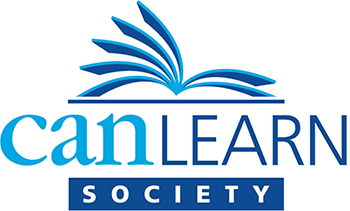What can I expect from a psychoeducational assessment?
A psych ed assessment is a process that generally takes between 6 to 8 weeks. Although the process may vary, an assessment typically involves the following stages:
- Initial meeting with a psychologist – during this initial meeting, consent and other paperwork are reviewed, and you discuss concerns, your general history, education experience, and other relevant strengths and challenges.
- Testing – these in-person sessions can range significantly depending on the questions asked and the assessment plan. Typically, 4 to 6 hours of testing is conducted over several sessions. These tests involve multiple assessment methods such as pencil/paper activities, verbal response items and the use of manipulatives (blocks).
- Often the psychologist will have questionnaires and additional forms for you to complete as a different way of understanding strengths and needs.
- Report development – The psychologist summarizes the results, makes interpretations, and provides recommendations in a comprehensive report. You get a copy of this report at the end of the assessment process.
- Feedback – Once the testing and report writing is completed, you meet with the psychologist to discuss results. It is important to use this opportunity to ask questions and make sure that you have a good understanding of the results and recommendations. If you’re not sure – ask!
What is the cost of a psychoeducational assessment?
In Alberta, the cost of a psychoeducational assessment can vary depending on the agency/professional providing the service. Alberta psychologists typically work within a $200-$250 per hour rate. The number of hours per assessment again depends on the questions being asked. In general, assessments can take between 10-15 hours. Several agencies work on a sliding scale or can provide subsidies for assessment services. In addition, third-party insurance companies will often cover part or all of the assessment. Check with your third-party insurance provider for details.
Interested in getting started?
